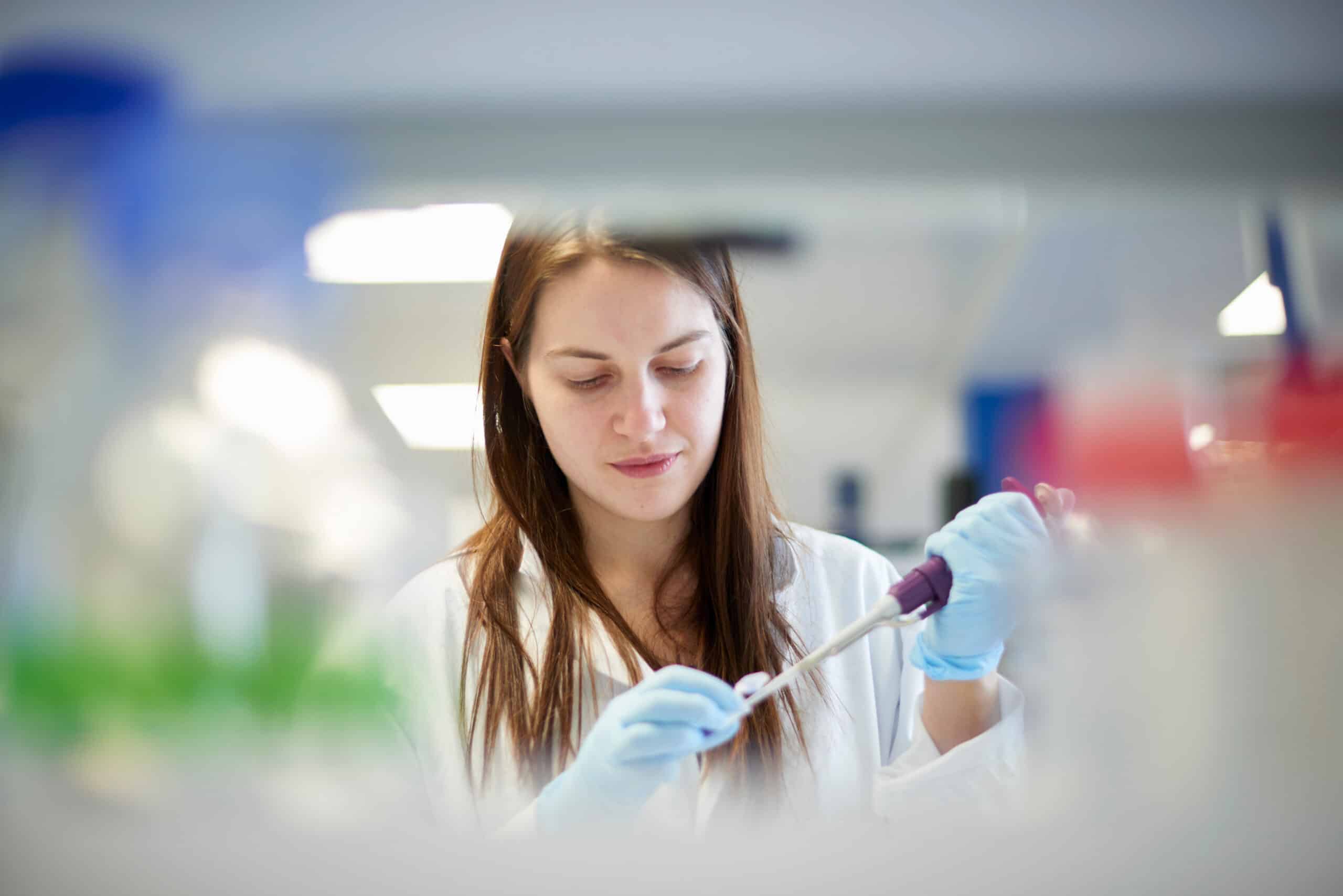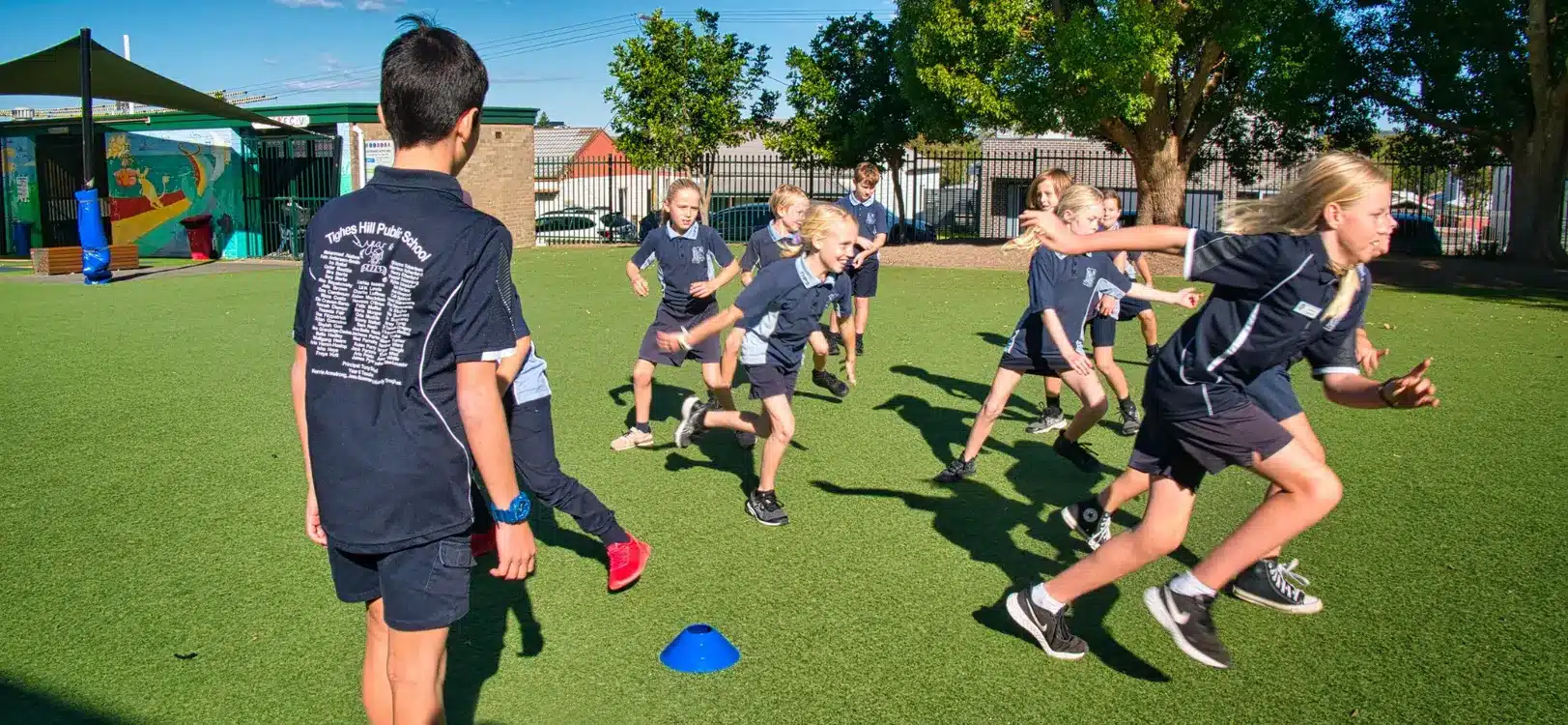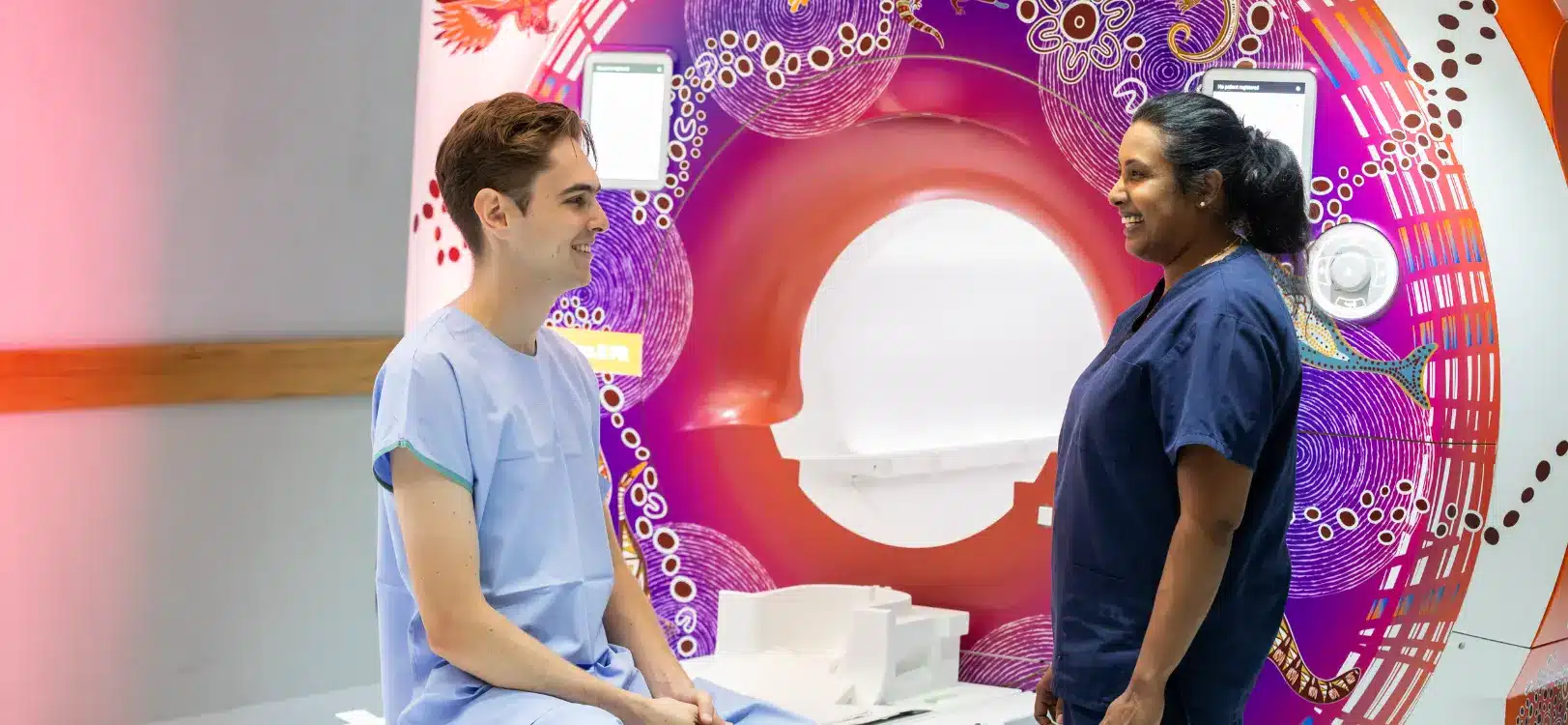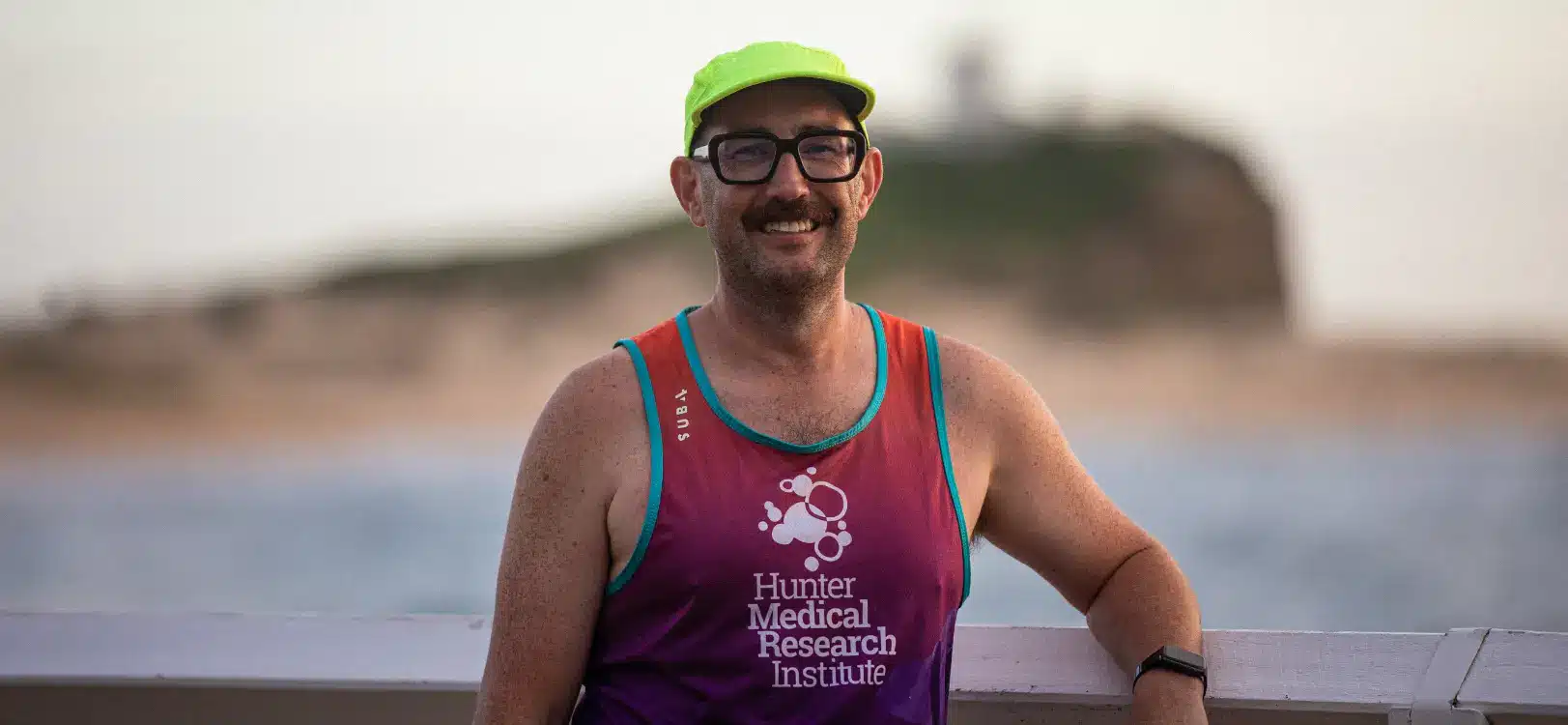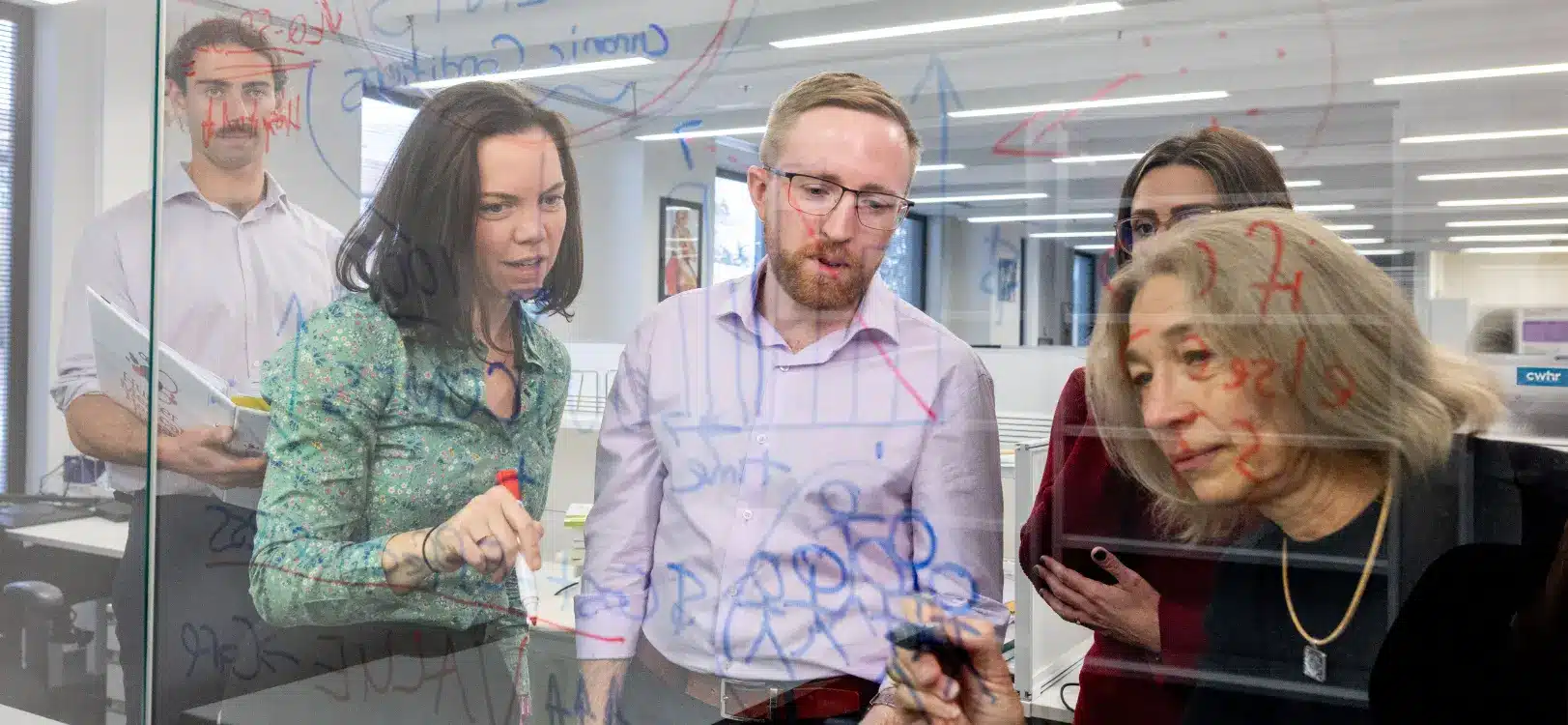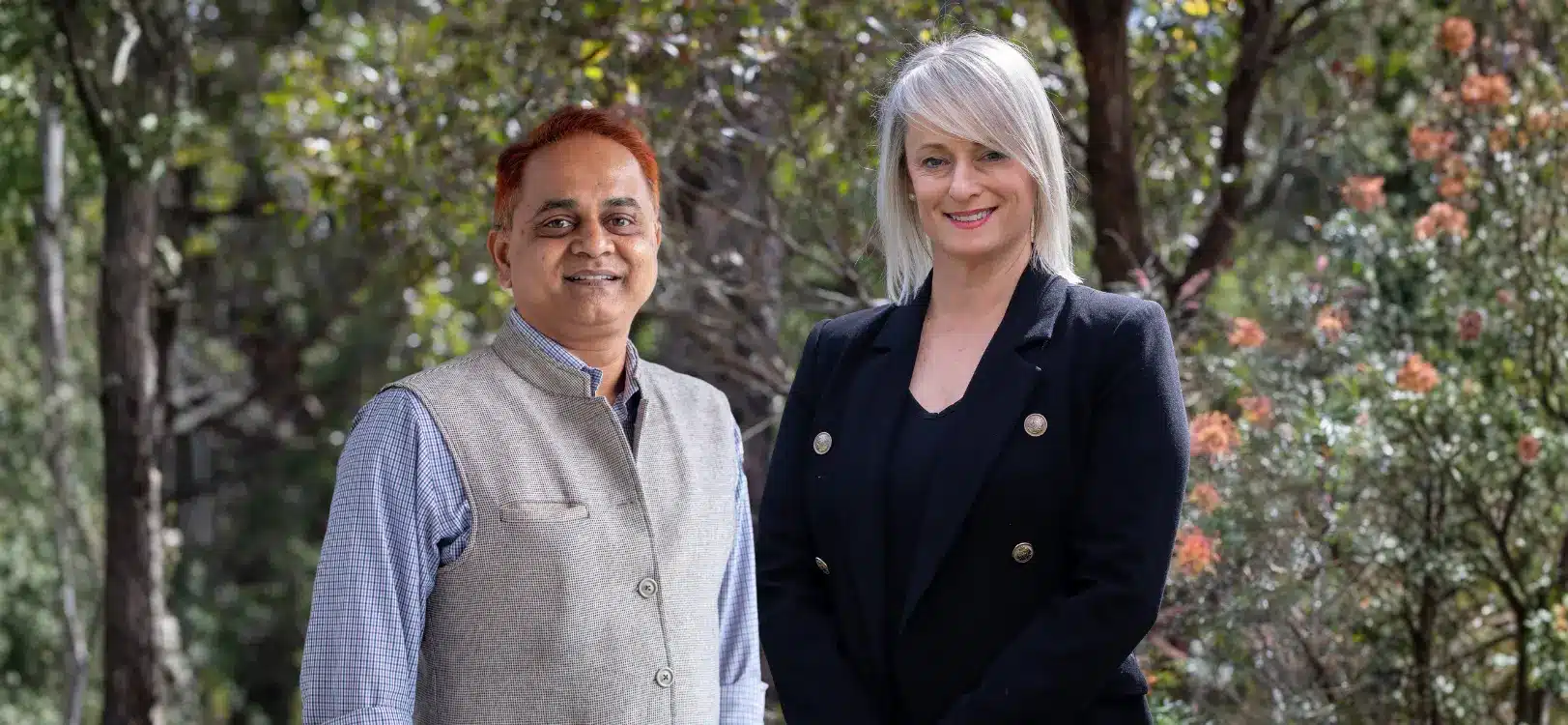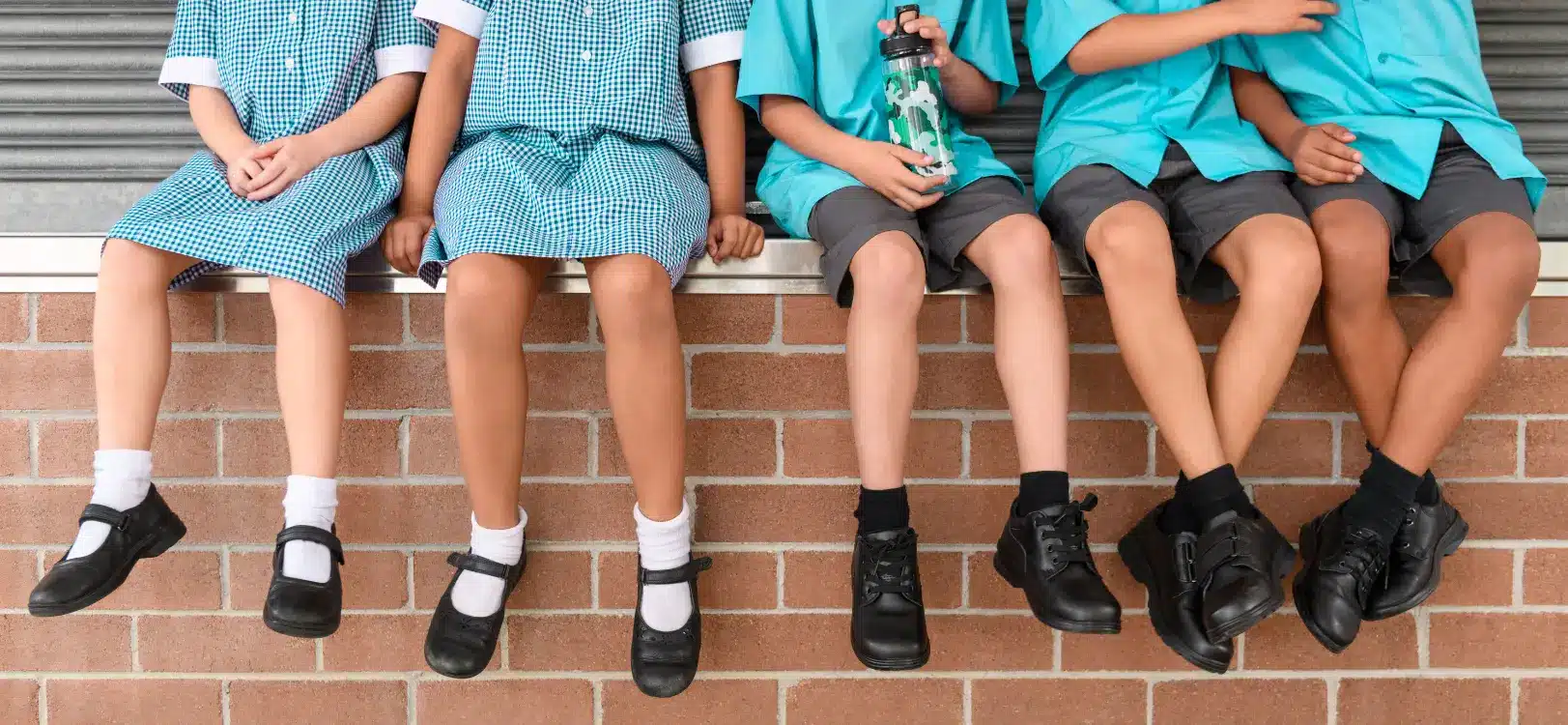Researchers are inviting women with multiple sclerosis (MS) or neuromyelitis optical spectrum disorders (NMOSD) who have already used assisted reproductive technologies (ART) to take part in surveys and interviews to discuss if and where they felt there were gaps in their pregnancy planning and fertility treatment care.
Why is the research being done?
This research study aims to develop a pathway of care for the growing number of women with MS or NMOSD using assisted reproductive technologies.
There are currently no evidence-based guidelines for:
- Women with MS or NMOSD to manage sub-fertility
- The effect of disease modifying therapies on fertility.
- The use of Assisted Reproductive Technology (ART) in MS or NMOSD.
We are conducting this research so that we can better understand how to coordinate MS/NMOSD care for women using ART. This research will also provide opportunities to measure and treat hormone level variability, increased stress, anxiety and depression in women with MS or NMOSD using ART.
Who can participate in the research trial?
Women who:
- Have been diagnosed with MS/NMOSD prior to attempting pregnancy through ART
- Were aged 18 or older at the time of ART attempt
- Are willing to discuss their pregnancy journey (including miscarriages and failed cycles) with a nurse
- Are willing to provide 12 months follow-up medical history if they do not participate in MSBase
What will study participants be asked to do?
Participating in this study involves:
- A short survey
- A phone call discussion with one of our research nurses (if eligible)
- Group discussion (optional)
If you agree to take part in this study, you will be asked to complete a short survey that asks about your pregnancy history and some information about yourself.
Once that survey is complete, and if you agree, the nurse will contact you via phone or teleconference (such as Zoom or Microsoft Teams) to discuss your feelings about your journey with pregnancy and fertility.
The phone call will be a 20–60-minute conversation where you will be invited to discuss your feelings about your care.
During this phone call, you will also be asked to discuss:
- Where you looked for information about MS/NMOSD and pregnancy, what you found and if it was useful to you
- Gaps in the care or knowledge you received
- What could be done better in the future from healthcare professionals
There will also be an option to attend an in-person group discussion.
These discussions will be with 6-8 other women who have also have MS or MNSOD and have required assistance to fall pregnant. These discussions will be limited to 1 hour, but may be much shorter, depending on how much everyone wants to discuss.
How to participate
- Download and read the Participant Information Sheet and Consent Form
If you would like to participate in the study, please contact:
Susan Agland
E: [email protected]
Dr Vicki Maltby
E: [email protected]
